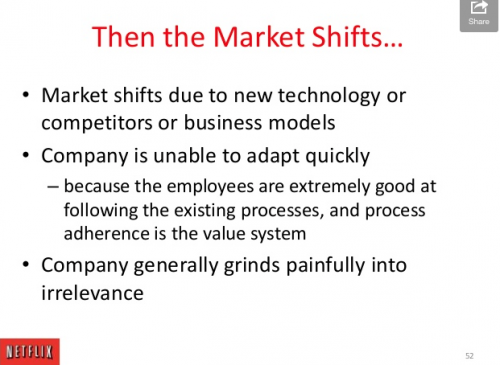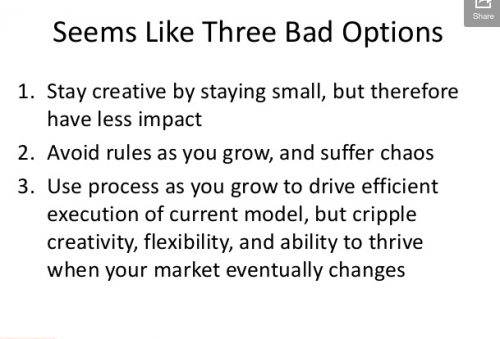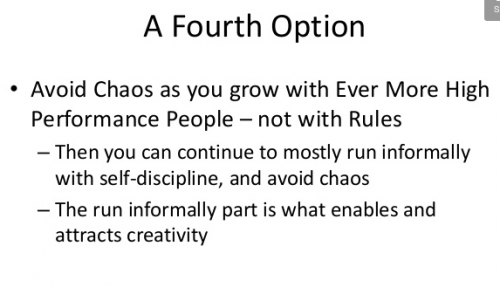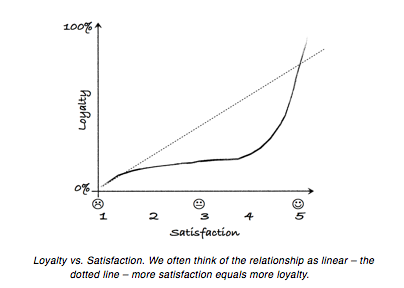“Only the leader can set the tone of the dialogue in the organization. Dialogue is the core of culture and the basic unit of work. How people talk to each other absolutely determines how well the organization will function. Is the dialogue stilted,politicized, fragmented and but covering ? Or is it candid and reality-based, raising the right questions, debating them, and finding realistic solutions. If it’s the former as it is in all too many companies, reality will never come to the surface.
You cannot have an execution culture without robust dialogue, one that brings reality to the surface through openness, candor and informality.”
Execution, the Discipline of Getting Things Done, Larry Bossidy (CEO Honeywell Int’l) and Ram Charan with Charles Buck.





